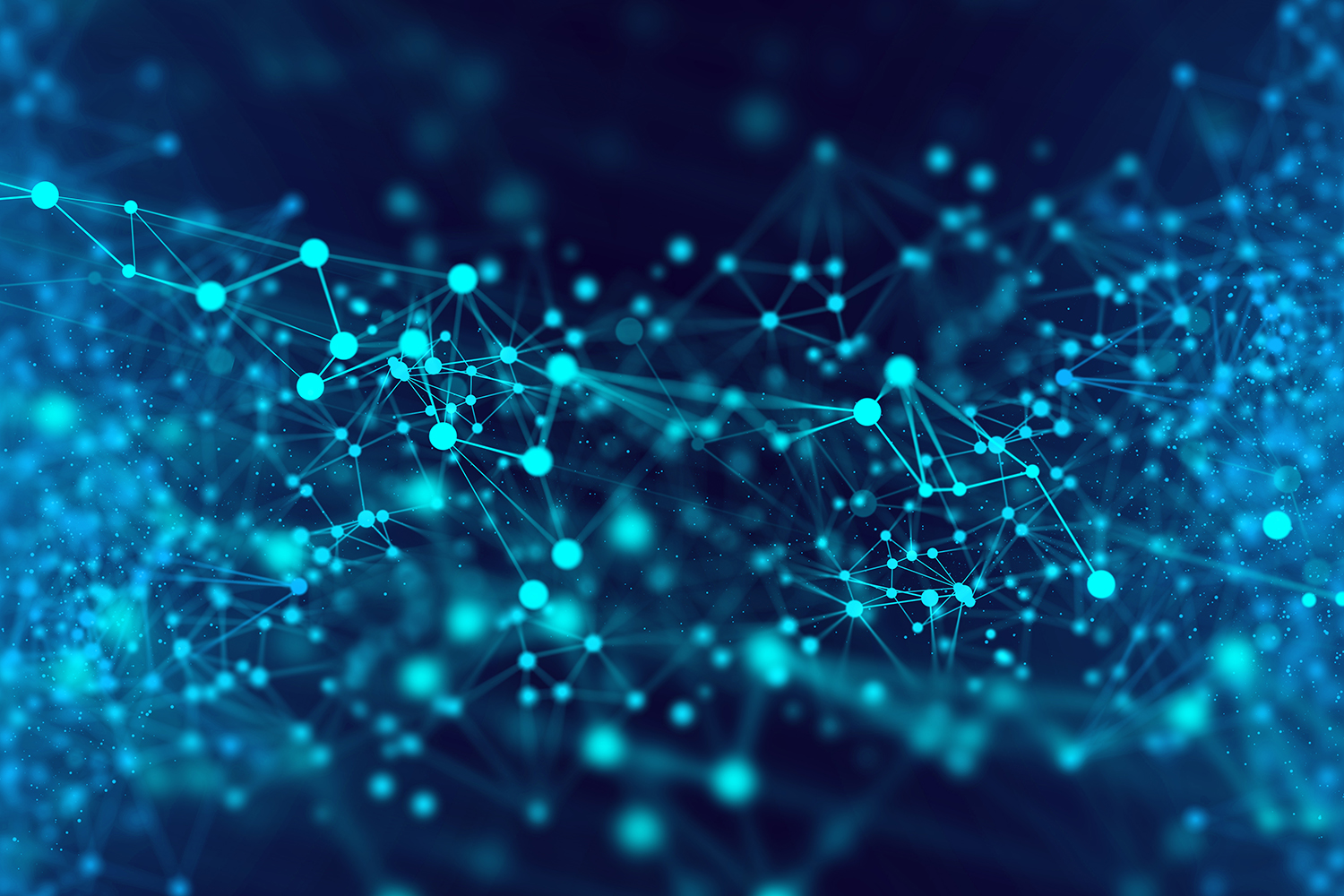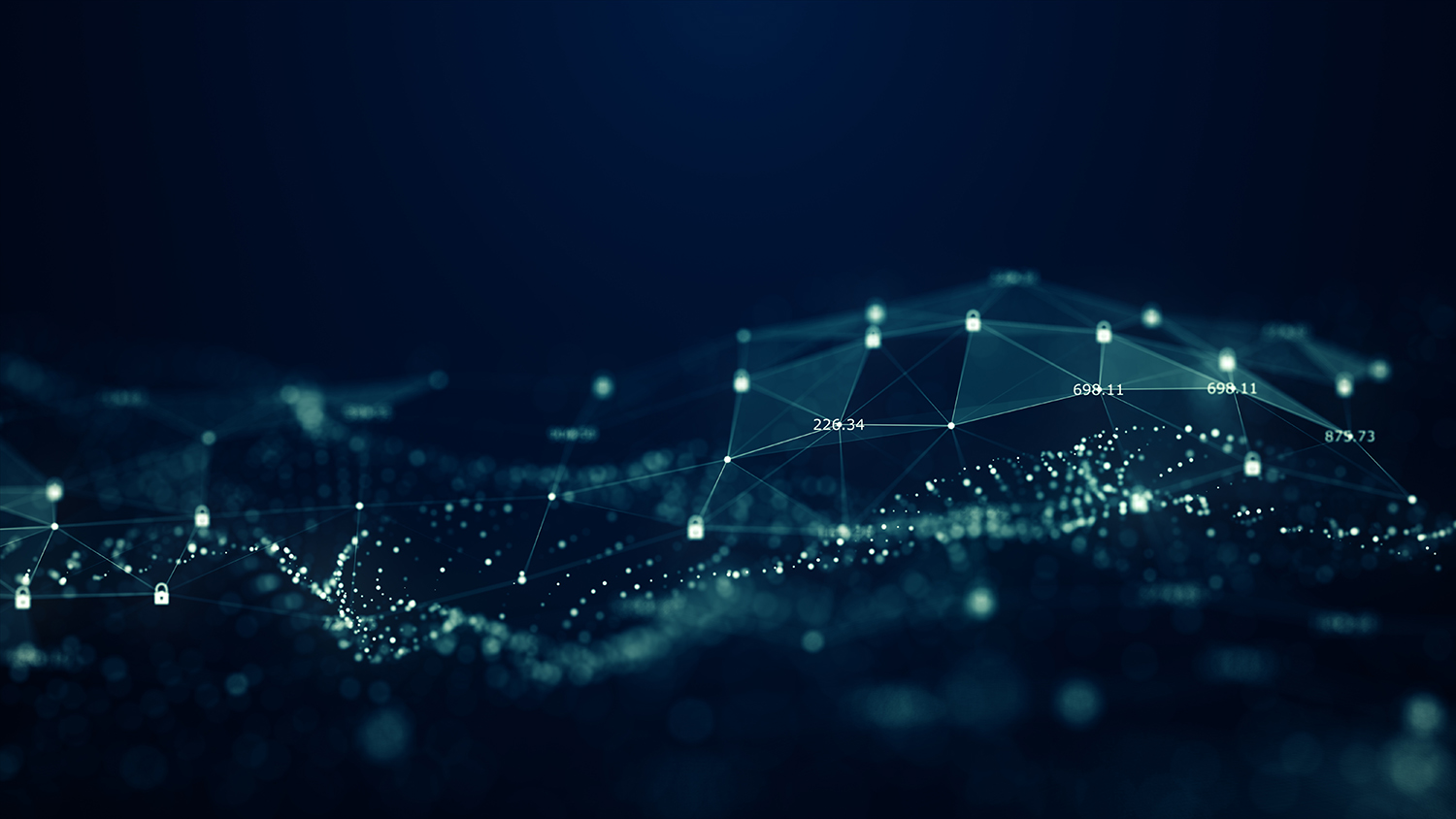![[Translate to english:]](/securedl/sdl-eyJ0eXAiOiJKV1QiLCJhbGciOiJIUzI1NiJ9.eyJpYXQiOjE3NzEyNTU4ODUsImV4cCI6MTc3MTMwMjY4NSwidXNlciI6MCwiZ3JvdXBzIjpbMCwtMV0sImZpbGUiOiJmaWxlYWRtaW4vX3Byb2Nlc3NlZF8vMS81L2NzbV9BQUlfZjM4ZDM2MjFkZi5wbmciLCJwYWdlIjo1Nzl9.OEyUUkBp8prOQWZXH5VKC6c28BUesNW6zDH-IKK8QEQ/csm_AAI_f38d3621df.png)
Applied Artificial Intelligence (AAI)
AI has long arrived in our everyday life. But how do self-learning systems influence our society?
It searches for the most beautiful snapshots from our image masses, takes over the evaluation of complex sensor data in vehicles, enables ever better forecasts for the feed-in from renewable energies and increases the efficiency in production processes. OFFIS researches and develops AI-based solutions for current and future challenges in a digitalized world of living and working, which depends on the smooth functioning of increasingly complex infrastructures in the application areas of energy, health, traffic and production. Under the collective term "artificial intelligence," we understand in particular methods and procedures from machine learning as well as distributed, autonomous, and learning systems.
The Competence Cluster AAI addresses all opportunities and risks in the areas of Deep Learning and Machine Learning and bundles the competences of OFFIS in a cross-divisional research strategy.

The difficulty in the development of artificial intelligence is not so much that of transferring complex calculations to computers and machines that are difficult for humans to solve intellectually. The far greater challenge is to teach computers the experiential learning that characterizes humans. Tasks that are simple for humans can quickly push an AI system to its limits. Human abilities such as intuitive action, social and emotional intelligence, and the ability to create an overall picture from different sensory impressions cannot be described by formal mathematical rules.
Self-learning systems have a high potential for various fields of application. They can acquire knowledge, filter out relevant observations from large amounts of data, draw logical conclusions from them, and - as impressively demonstrated by the example of the millennia-old game of Go - even develop their own action strategies. Artificial intelligence is increasingly finding its way into safety-critical areas of application, such as autonomous driving, medical applications, or decentralized energy supply. The fulfillment of safety relevant properties is essential for a successful approach in these domains.
Deep Learning and Deep Reinforcement Learning
Deep Learning is the field of machine learning that focuses on so-called "deep" neural networks. For some years now, Deep Learning has been showing a rapid development with astonishing success: Starting with face and speech recognition, which has found its way into our cell phones, through prediction for a safe integration of renewable energies into the power grid, to predictive maintenance and sustainable infrastructure development. If deep artificial neural networks are used as a strategy generator for autonomous software agents, this is called Deep Reinforcement Learning. With the learning of complex strategies at AlphaGo Zero, deep reinforcement learning has not only become an important scientific discipline with impressive results, but also an important building block in applied research. OFFIS bundles its methodical competences in the CC Applied AI, from image recognition to sustainable infrastructure development to methods for explainable, secure artificial intelligence and offers internal as well as external trainings.
Distributed Artificial Intelligence
Distributed artificial intelligence is the term used to describe (partially) autonomous hardware and software systems that cooperate with each other to solve problems that could not be solved by individual components. These so-called agents usually possess individual intelligence for monitoring and controlling technical processes, can communicate with other agents and are able to form different organizational forms depending on the situation and flexibly. Under the heading of "self-organization" OFFIS is especially working on nature-inspired methods for heuristic optimization in complex systems such as energy supply. In the focus of the research work is the agent-based self-organization of cyber-resilient Smart Grids, which are able to stabilize themselves independently in case of operational disturbances and to rebuild the supply independently in case of a blackout. In addition, OFFIS has been investigating energy-economic aspects such as the self-organized aggregation and marketing of the flexibility of decentralized energy plants in the context of virtual power plants for many years.
AI in Critical Infrastructures
Almost all our critical infrastructures nowadays are Cyber-Physical Systems (CPS). Here, IT system components and mechanical or electronic system components work together. Today, complex CPS can be found in practically every area of life: from vehicles with modern assistance systems to industrial process control and automation to digitalized energy systems, IT components are taking on increasingly important tasks in safety-relevant applications. The use of AI plays an important role here, since classical algorithms are no longer able to realize complex functions in these highly dynamic environments. However, the use of AI, especially in security-relevant CPSs, raises questions that have not yet been adequately answered: How can the correct functioning of an AI be guaranteed? How can decisions of AI-based systems be made transparent and comprehensible? Can AI also help to identify systemic weaknesses in security-relevant CPS? OFFIS pursues these research questions in the competence clusters Safety Relevant Cyber Physical Systems and Deep Learning and combines the proven expertise in the analysis and design of safety-critical systems with the well-founded methodological knowledge in machine learning.
Adversarial Resilience Learning
Critical infrastructures that support our civilization are becoming increasingly complex. They span domains that were never thought of before and face new threats: from volatile markets, a high proportion of supply-dependent energy sources to cyber attacks. Adversarial Resilience Learning is a new artificial intelligence methodology for the analysis and resilient operation of complex, critical cyber-physical systems.
Instead of considering artificial intelligence as a potential threat to the stability of our power supply, Adversarial Resilience Learning (ARL) turns the tables: two agents, attacker and defender, compete for control of a cyber-physical system. They have no explicit knowledge of the actions of the other side, but by observing the effects, the attacker explores the system and uncovers weaknesses, while the defender learns from the attacks to ensure resilient operation. By learning from each other, ARL agents help designers and decision makers to find weaknesses in the system and loopholes in market regulations, and operating teams to reliably manage the network even in complex, rapidly changing information situations.
Click on the image for more detailed information on Adversarial Resilience Learning
Persons 
A
E-Mail: larbi.abdenebaoui(at)offis.de, Phone: +49 441 9722-730, Room: Flx-S
B
D
E
F
G
E-Mail: benjamin.giesers(at)offis.de, Phone: +49 441 9722-747, Room: Flx-E
H
E-Mail: stefanie.holly(at)offis.de, Phone: +49 441 9722-732, Room: Flx-E
K
L
E-Mail: sebastian.lehnhoff(at)offis.de, Phone: +49 441 9722-240, Room: O50
M
E-Mail: jorge.marx-gomez(at)offis.de, Phone: +49 441 798 - 4470, Room: A4-3-315
O
E-Mail: frank.oppenheimer(at)offis.de, Phone: +49 441 9722-285, Room: Flx-P
R
S
E-Mail: Tim.Stratmann(at)offis.de, Phone: +49 441 9722-431, Room: Flx-P
T
E-Mail: martin.troeschel(at)offis.de, Phone: +49 441 9722-150, Room: Flx-E
V
W
Projects 
2025
EduMind – An AI-powered tutoring module for digital learning platforms: Personalized, real-world learning content guided by teachers’ didactic expertise
Duration: 2025 - 20262024
2023
2022
Distributed computing platform for radar-based 3D environment sensing in safe autonomous driving
Duration: 2022 - 2026
Automatische Generierung von Modellen für Prädiktion, Testen und Monitoring cyber-physischer Systeme
Duration: 2022 - 2025
Dezentraler Redispatch (DEER): Schnittstellen für die Flexibilitätsbereitstellung
Duration: 2022 - 2025
Reduktion körperlicher Belastungen von Handwerksberufen durch optimierte Exoskelette
Duration: 2022 - 2025Duration: 2022 - 2025
Publications 
2026
Radtke, Malin and Stark, Sanja and Holly, Stefanie; Energy Informatics; 2026
2025
Şahin İppoliti, Hatice and Weibert, Alexander and Manstetten, Dietrich and Reimer, Bryan and Gershon, Pnina and Mehler, Bruce L and Abdenebaoui, Larbi; Adjunct Proceedings of the 17th International Conference on Automotive User Interfaces and Interactive Vehicular Applications; October / 2025
Dawel, Lisa and Schmedes, Felix and Fernando Penaherrera and Pehlken, Alexandra; Procedia CIRP; 2025
Metzger, Robert and Ohlenbusch, Mattes and Rollwage, Christian and Doclo, Simon; ITG Conference on Speech Communication; 2025
Stratmann, Tim Claudius and Lödige, Max and Kowalski, Christian and Nguyen, Giang; October / 2025
Finn SiegelChristian BujRicarda MerfortAndreas HeinFrerk Müller-von Aschwege ; Biomedical Engineering Systems and Technologies ; 2025
Aleksandr Berezin, Stephan Balduin, Eric MSP Veith, Thomas Oberließen, Sebastian Peter; ENERGY 2025, The Fifteenth International Conference on Smart Grids, Green Communications and IT Energy-aware Technologies; March / 2025
Salous, Mazen and Lange, Daniel and Reeken, Timo Von and Wolters, Maria and Heuten, Wilko and Boll, Sussane and Abdenebaoui, Larbi; IEEE Access; 2025
Radtke, Malin and Frost, Emilie; Proceedings of the 17th International Conference on Agents and Artificial Intelligence (ICAART 2025) - Volume 1; 01 / 2025
Aleksandr Bystrov and Ole Meyer and Fabian Kott and Karin Saemann and Achim Maat and Lisa Dawel; IFAC-PapersOnLine; 2025




